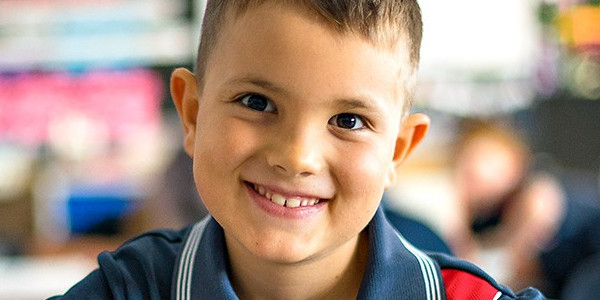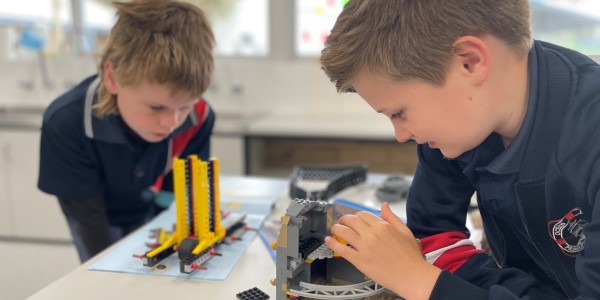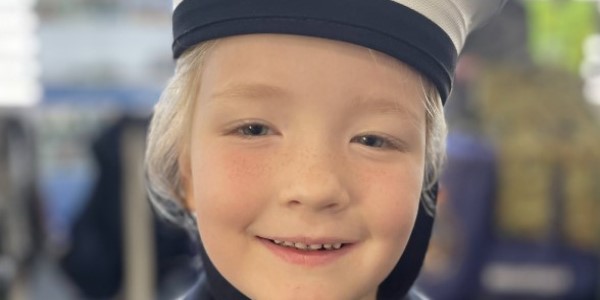Our School Chaplain is Ms Melissa Powell
The day-to-day role of the School Chaplain is to provide pastoral care to students, staff and the wider School community. Chaplaincy is about serving others, a concept that often runs contrary to the mind-set of modern society. Pastoral care can best be described as being present for others during their life experiences, especially difficult times – “loitering with intent”. Pastoral care includes a wide variety of areas including physical and mental health, social and values education, behaviour management and emotional support.
The School Chaplain is a person who has time to sit and listen to people. This could just be a general chat or by appointment for a range of reasons including, but not limited to:
- Experiencing difficulties at home.
- Social and relational issues at school or in general.
- Developing resilience and other social and emotional skills.
- Exploring self-identity and self-development issues.
- Talking about general worries and concerns.
- Responding to critical incidents as part of the School’s support team.
YouthCARE is the current service provider of public school chaplaincy in WA and the School Chaplain provides the chaplaincy service to ORPS through a Chaplain Employment Agreement. Chaplains deliver their services with RESPECT – COMPASSION – SERVICE:
- Chaplains respect the diversity of views within the communities they serve.
- Chaplains reach out to those in need to inspire hope.
- Chaplains serve, create partnerships and recognise the contribution of others.
Our School Chaplain assists students to address difficult social issues by:
- Building relationships with students, families and staff.
- Offering pastoral care.
- Being a mentor.
- Providing additional practical help to teaching and administrative staff.
- Offering input into spiritual and “meaning of life” questions.
- Being a positive role model.
- Providing a link between the School and professional services and local community.
YouthCARE chaplains are NOT permitted to proselytise (try to convert) students, staff or family. It is, however, part of their role to discuss issues such as faith, spirituality and “meaning of life” questions – death, heaven, God, the “after life” – should they arise in individual discussions. Often these types of questions occur as a result of critical incidents or adverse experiences in people’s lives.
ORPS is a secular school, which means it affiliates with no faith in particular. This does not mean we remove faith; rather we respect all beliefs and none.





